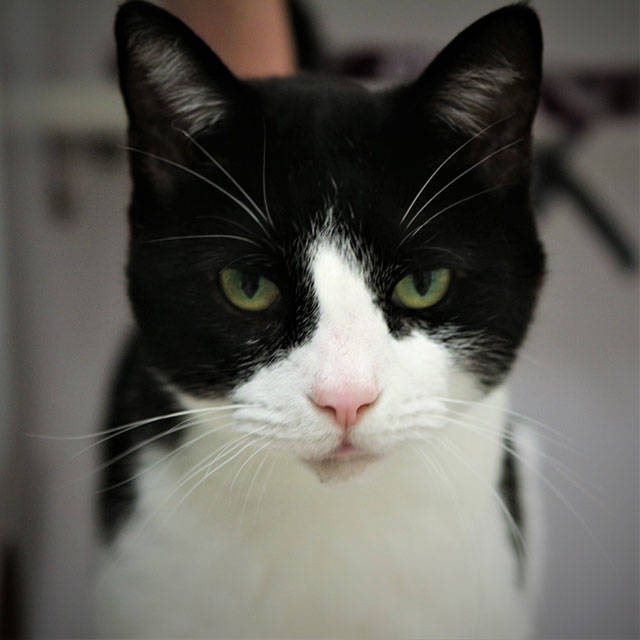Cat owners on Bainbridge Island won’t be forced to buy licenses for their furry, four-footed family members.
The Bainbridge Island City Council decided last week to scale back proposed changes to its animal control code that would have required cat owners to license their pets.
“I’m not going to support this if it includes a requirement for licensing cats,” Mayor Kol Medina told his fellow council members.
“I just don’t see the benefit of it,” added Councilwoman Sarah Blossom.
A pet owner who has made the effort to buy a license likely has their pet fitted with a microchip, Blossom said.
And for licenses to be effective in reuniting lost cats with their owners, cats have to have their license on their collars, she said.
And her cats don’t have collars, Blossom added.
Medina, the former director of the West Sound Wildlife Shelter, also noted that most lost cats aren’t returned to their owners on Bainbridge because of reasons beyond licenses.
“It’s because a lot of them are eaten by eagles and coyotes, and that’s why they are not returned to their owners,” Medina said. “Wearing a license is not going to help with that.”
Before the suggested change to include cats, only dogs needed pet licenses in the city.
Changes to the code were recommended by the Kitsap Humane Society, which enforces the city’s animal control code under a contract with Bainbridge Island. The current contract expires in December 2020.
Officials with the Kitsap Humane Society has been seeking changes to Bainbridge’s animal regulations since June 2018. The revisions were reviewed earlier by the city council in September and March but action on the amendments were put off until a new ordinance could be written.
Pet license fees for cats varies depending on the animal.
In other parts of the county, the Kitsap Human Society charges a $7 a year for licensing a spayed/neutered cat (with microchip); a three-year license is $14 and a lifetime license is $25.
For a cat that is not spayed or neutered (with microchip), the cost for a license is $20 a year; $80 for three years; or $160 for a lifetime license.
For a cat that is not spayed or neutered and does not have a microchip, the cost is $50 a year, and $100 for three years.
Bainbridge’s animal regulations also carry a hefty fine for those who violate licensing requirements: a Class 1 civil infraction fine of $250, as well as a misdemeanor fine of up to $500 and imprisonment up 90 days in jail.
During discussion of the proposed changes in March, council members were split then, as well, on the idea of licensing cats.
Blossom said then that the proposal for cat licenses was “ridiculous,” and when she mentioned the idea to a few people, “They both just laughed in my face.”
Councilman Ron Peltier, however, supported the idea, and said cat owners should be required to get a license for their pets.
At last week’s council meeting, council members shot down the proposal for cat licenses, and also rejected a proposed change to implement a civil infraction related to bites to people by livestock.
Some modifications to the city’s animal control code were approved, including an increase to the time that animal control officials must wait before they try to find a new home for an impounded and licensed dog or cat. The deadline was changed four days to seven days.
The council is expected to give its final approval to the code changes at its business meeting on Tuesday, June 25.


